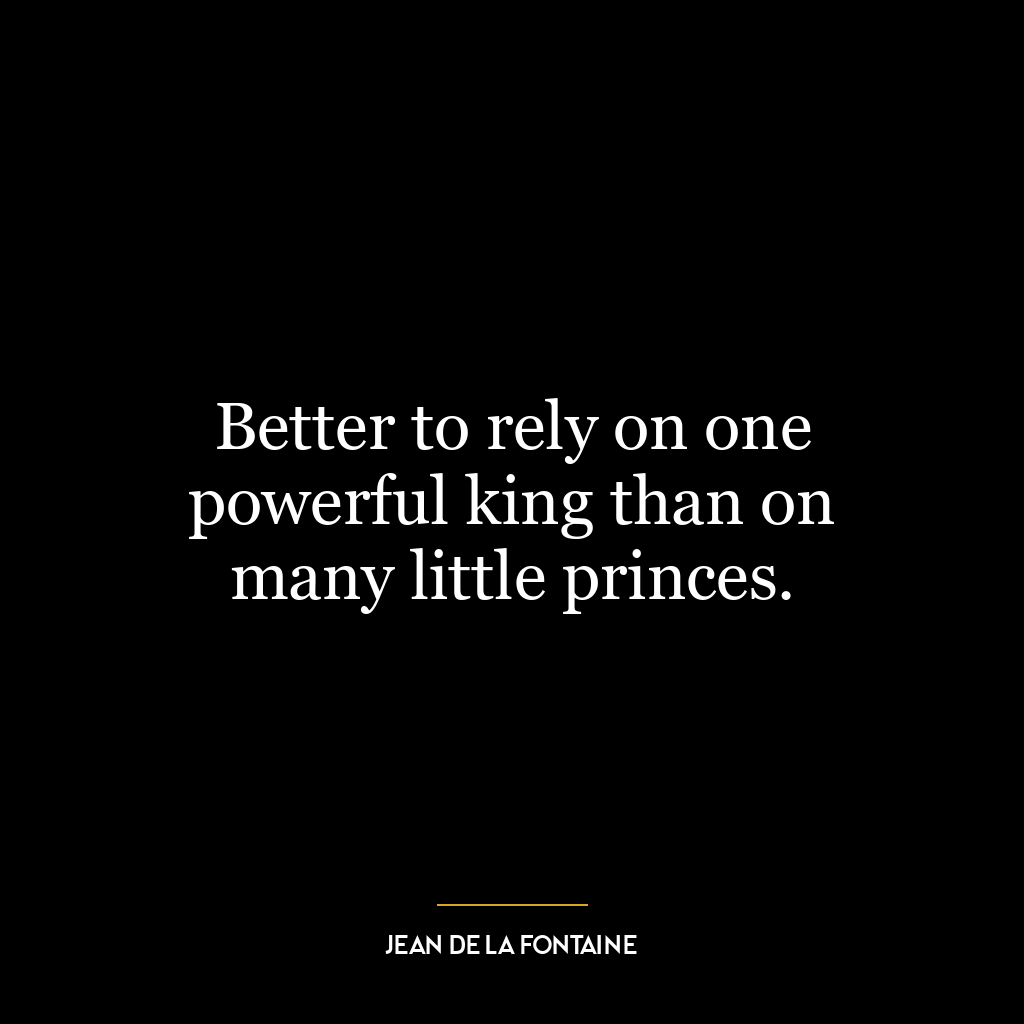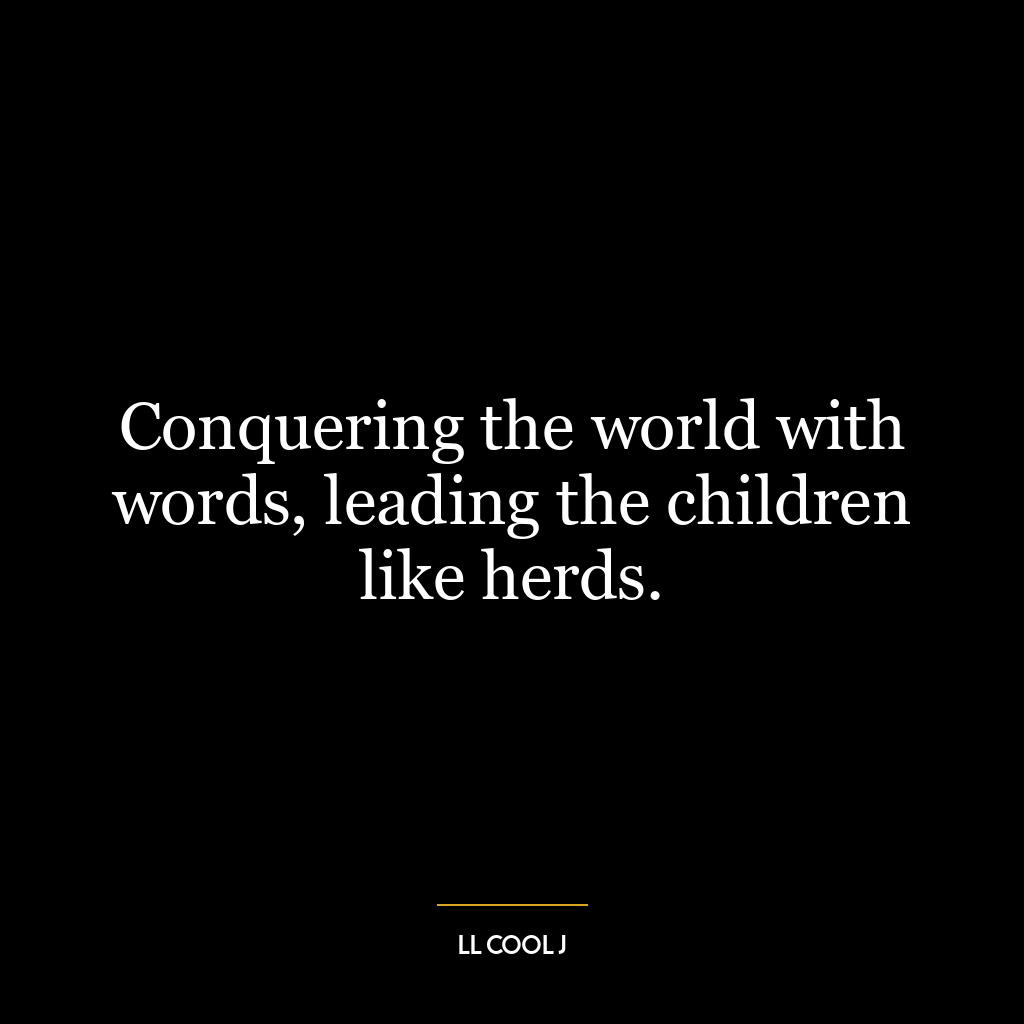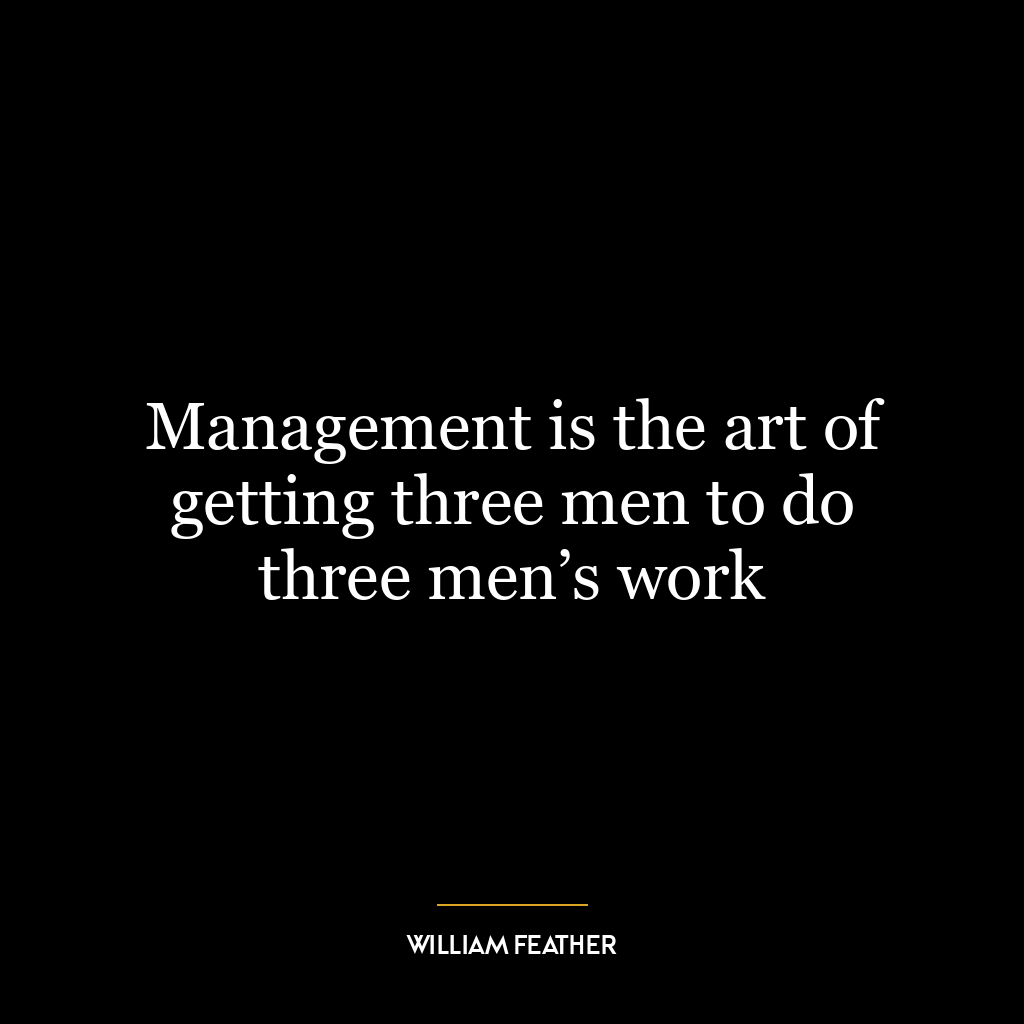Most people live with pleasant illusions, but leaders must deal with hard realities.
This quote emphasizes the stark difference between the perspectives of ordinary individuals and those of leaders. Most people tend to live with pleasant illusions, meaning they often choose to see the world through rose-colored glasses, opting for comfort and convenience over confronting challenging truths. This approach can make life seem more manageable and less stressful, as it shields them from the harsh realities of the world.
On the other hand, leaders, due to their responsibilities and roles, cannot afford such luxury. They must deal with hard realities, meaning they have to face and handle the truth, no matter how harsh or inconvenient it may be. This is because their decisions and actions have significant impacts, not just on themselves, but also on the groups, organizations, or nations they lead. They must see the world as it is, not as they wish it to be, to make effective decisions and solve problems.
Applying this idea to today’s world, we can see that leaders in various sectors, be it politics, business, or social movements, are often confronted with difficult, complex issues. These can range from economic crises and climate change to social inequality and pandemics. They do not have the luxury of ignoring these issues or sugarcoating them. Instead, they must face them head-on, make tough decisions, and sometimes bear the brunt of criticism for those decisions.
In terms of personal development, this quote can inspire us to cultivate the courage to face reality as it is. While it’s comfortable to live with illusions, growth and development often come from challenging ourselves, stepping out of our comfort zones, and dealing with hard truths. This might mean acknowledging our weaknesses, confronting our fears, or making difficult changes in our lives. By doing so, we can develop resilience, learn valuable lessons, and ultimately become stronger and more capable individuals.







